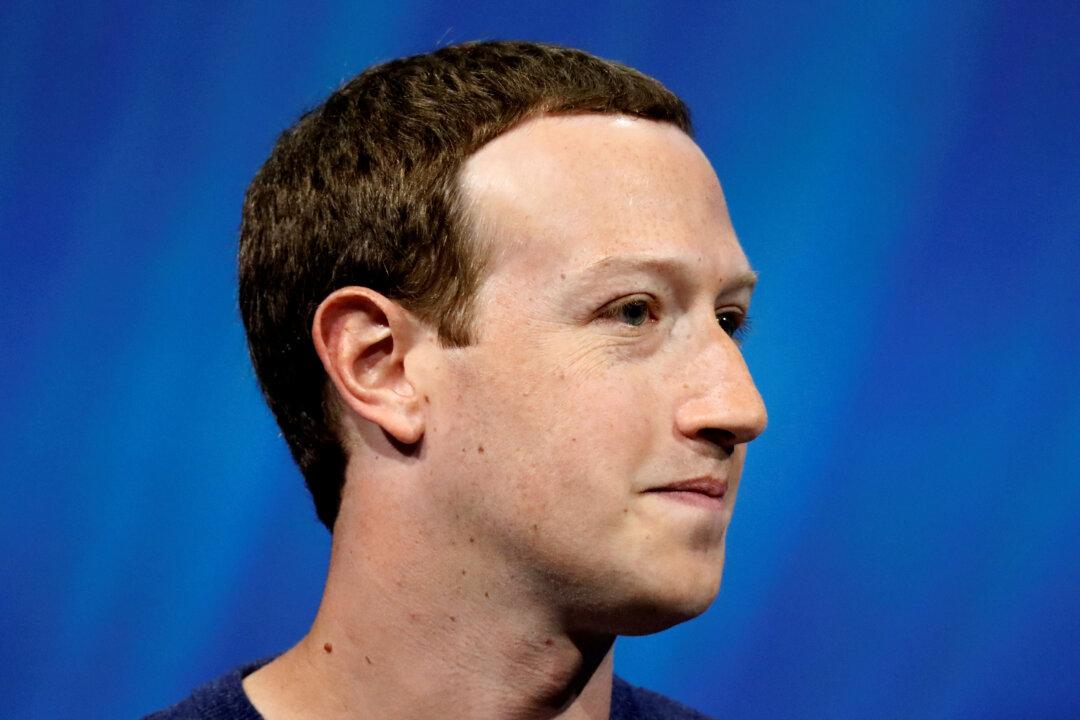In a recent interview with CBS, Facebook’s CEO Mark Zuckerberg said that President Trump did not lobby him during a private dinner in October.
Instead, Zuckerberg told the TV network on Dec. 3 that both he and Trump, along with Facebook investor Peter Thiel, “talked about a number of things that were on [Trump’s] mind. And some of the topics that you'd read about in the news around our work.”





